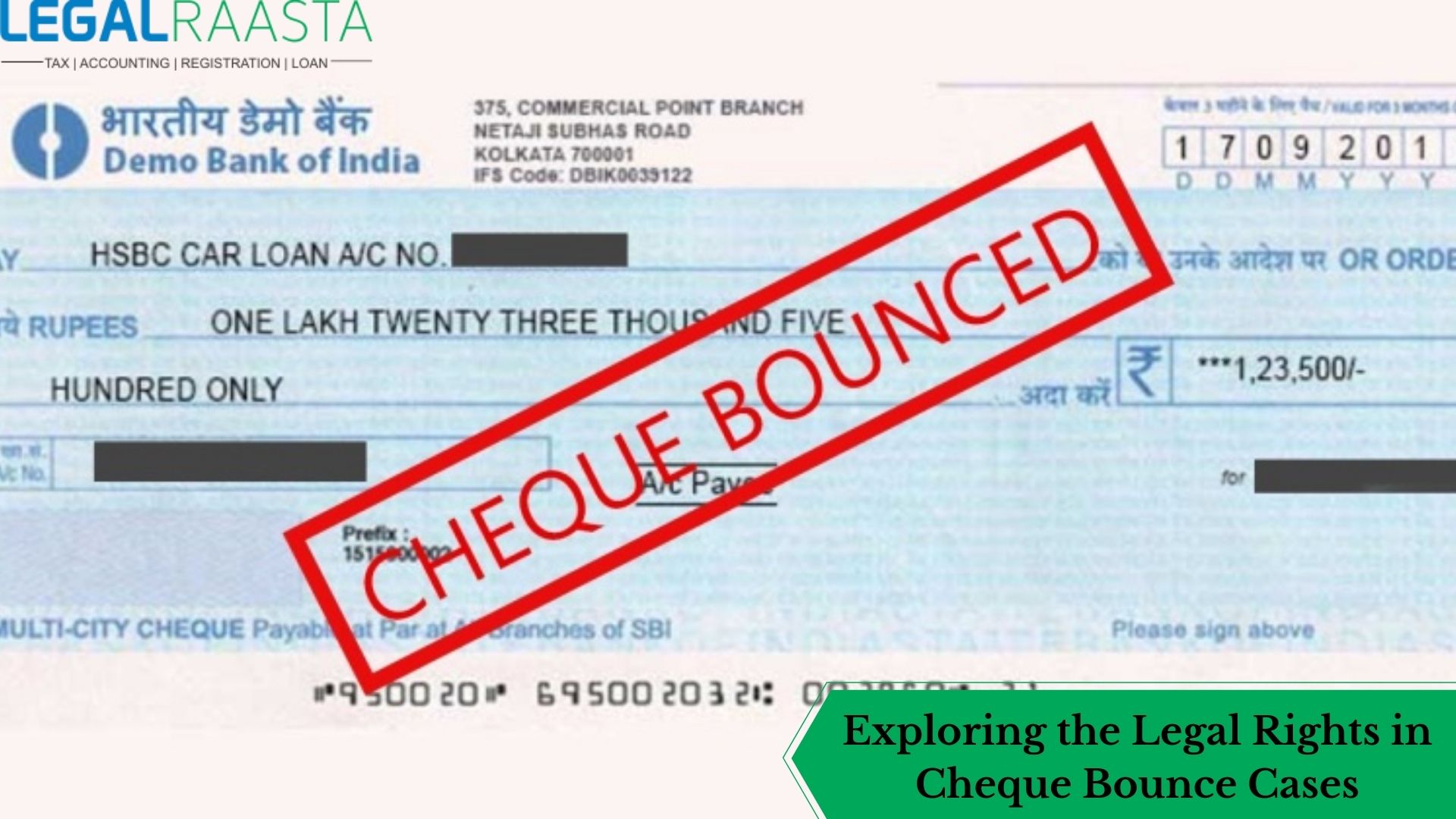All you need to know on how to wind up your existing company
What is winding up?
When a company, being a separate legal entity, ceases to exist, it is called as winding up of a company. It is also known as Dissolution or Liquidation of the firm. This could be due to an agreement among stakeholders of the company, the loss incurred, bankruptcy, the death of promoters, and the list go on.
Methods of winding up of a company
Under section 270 of Companies Act 2013, it could be done voluntarily (mutual agreement among the members of the company) or compulsory (by a tribunal).Voluntary winding up
It is done by the mutual agreement among the stakeholders of the company. The stakeholders include managers, sponsors, creditors, clients (individual/company), etc.
Conditions :
- The members could wind up the firm by passing a special or ordinary resolution when the date of winding up (as mentioned in the Articles of Association) arrives.
- Completion of the project/event for which the company was constituted.
The procedure for winding up a company under Voluntary ways
- The company should have at least 2 Board of Directors on board to initiate the process of winding up. There needs to be assurance that there aren't any 3rd party debts or it will be able to repay its debts in case it’s wound up. Read more: Executive and Non-Executive Director
- Now, the date and time of a general meeting should be put into notice with the members of the firm.
- In the case of a general meeting, there needs to be a simple majority or 3/4th majority in favor of winding up.
- After the resolution is passed, the meeting of creditors shall be held. The company could proceed if there is a majority that says that it would be beneficial if the company winds up.
- The company shall file a notice with the registrar of companies to appoint an official liquidator to carry out the process, within 10 days after creditor's approval.
- Within 14 days of resolution, the company should put an advertisement in the local newspaper as well as issue a notice to the OfficialGazettee, indicating the winding up process.
- Within 30 days when the resolution is passed, the company shall file the certified copies of a special or ordinary resolution, as the case may be.
- Liquidators account is prepared and audited.
- A final general meeting is held and application is filed along with a copy of account sent to the tribunal for passing an order of dissolution of the firm.
- Within 60 days, the order of dissolution shall be passed by the tribunal.
- Liquidator needs to file a copy to the registrar.
- After the order is passed by the tribunal, the registrar needs to publish a notice declaring that the company is dissolved.
Compulsory (Tribunal) winding up
The winding up process is done by the tribunal. Also known as tribunal winding up, this method is solely done by the tribunal and the company has little to no say in the procedure. So, a company will be a spectator and need not follow any directions.
Conditions to wind up voluntarily:
- If the Company is unable to pay its debts.
- A special resolution has been passed by the company for winding up.
- If a company acts against the ideals/interests/sovereignty of the nation.
- If the company has put the relations with other nations in jeopardy.
- If financial statements or annual returns for the preceding 5 years has not been filed.
- If the tribunal finds it just and equitable to wind up the company.
- If the company has taken part in unlawful business or illicit practices.
- Any member, part of the founding committee of the firm, is found guilty of fraudulent practices.
Who needs to file the petition?
The parties that can file a petition for winding up, according to the Companies Act 2013, are:
- Company
- Creditors
- Any of the Contributory or contributors
- Central or state government
- Registrar of Companies
- Any other person authorized by the central government for that purpose
Power of tribunal
Within 90 days from the date of presentation of the petition, the tribunal may pass an order in any of the following ways:
- It could dismiss it, cost included/excluded.
- It can pass an interim order as it deems fit;
- Till the making of a winding up order, it can appoint a provisional liquidator of the company.
- Finally, the tribunal can pass the order of winding up.
Example
Companies like RadioShack, Toys "R" Us, Blockbuster were some of the famous US-based companies that wound up or liquidated. Some Indian Companies are Rossell Industries, Iba (health India) private limited. During this process, the company can no longer carry out its normal business. The only action it may carry out is to complete liquidation and distribute its assets. As this process completes, the company will be dissolved and cease to exist. We excel in providing help in closing LLP and closing private limited company or many more services that you can check on our website. If you wish to wind up your company, LegalRaasta can help you in a better way. Our expert's team will guide you step by step. You can contact us: +91 8750008585 or email us at contact@legalraasta.com. So what are you waiting for? Contact us right now and get the job done.Related articles:How to Close Private Limited Company in India?
What are the Requirements for Board Meeting as per Companies Act 2013










